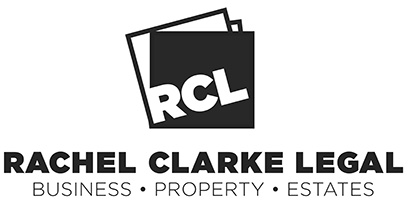The three basic documents every person should have are a Will, Power of Attorney and Enduring Guardian.
These documents enable you to plan for your future in the event of an unforeseen illness or injury, tragedy or death.
Whether they are big or small, families and estates can be complicated. The law in this area can be quite complex when you take into account the rise of blended families, defacto relationships, same sex relationships, increased divorce rates and second and subsequent marriages.
We will listen to understand your needs and wishes and we will give you practical advice about what you need to do to protect yourself, your family and your assets. After death we can advise and assist your executor in making an application for Probate in the Supreme Court of NSW and attending the legal requirements to administer and distribute your estate to the beneficiaries in your Will.
Examples of the estate planning work we do are:
- Wills
- Testamentary Trusts
- Powers of Attorney
- Enduring Guardian
- Probate applications and estate administration




